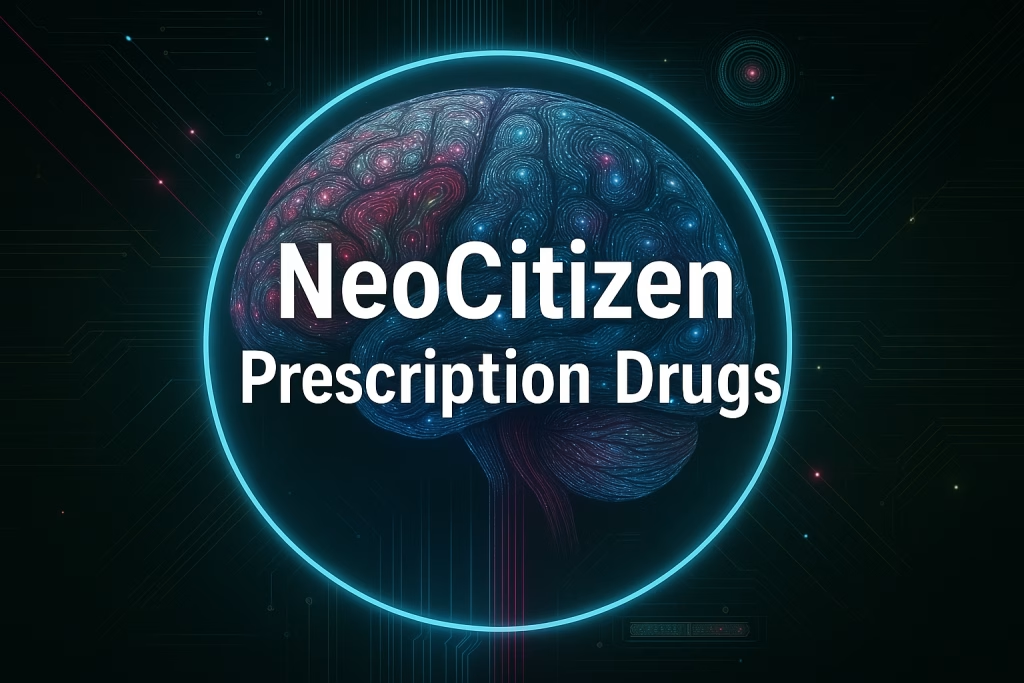
Actos (generic name: Pioglitazone) is a prescription medication used to manage type 2 diabetes. As a member of the thiazolidinedione class, it works by improving your body’s sensitivity to insulin. This comprehensive guide covers how Actos works, its benefits, potential side effects, dosage guidelines, precautions, and lifestyle considerations to help you make informed decisions about your diabetes care.
What Is Actos Used For?
Actos is primarily prescribed for adults with type 2 diabetes mellitus. It helps:
- Lower blood sugar levels
- Improve insulin sensitivity
- Reduce the risk of diabetes-related complications when combined with diet and exercise
Note: Actos is not used to treat type 1 diabetes or diabetic ketoacidosis.
How Actos Works
Actos activates PPAR-gamma (peroxisome proliferator-activated receptor-gamma) receptors in fat cells, which makes the body more responsive to insulin. This activation improves glucose uptake by muscles and fat tissues while decreasing glucose production in the liver.
As a result, Actos helps regulate blood sugar levels more effectively, especially in patients who are insulin-resistant.
Dosage and Administration
- Starting Dose: 15 to 30 mg once daily, with or without food
- Maximum Dose: 45 mg once daily
Your doctor may adjust your dosage every 12 weeks based on your blood glucose levels and side effect profile. Pioglitazone is typically used in combination with other diabetes medications such as metformin, sulfonylureas, or insulin.
Important: Always follow your healthcare provider’s instructions and do not self-adjust your dose.
For more information, visit the official Actos prescribing information.
Benefits of Actos
- Improves blood sugar control by reducing insulin resistance
- Can be combined with other oral or injectable antidiabetic agents
- Helps prevent long-term complications of diabetes such as kidney damage, vision loss, and nerve damage
- Convenient once-daily dosing improves treatment adherence
- May improve cholesterol and triglyceride levels in some patients
Potential Side Effects
Common side effects:
- Weight gain due to fluid retention
- Swelling of the legs or ankles
- Headache
- Muscle or joint pain
- Upper respiratory tract infections
Serious risks:
- Heart failure: Especially in patients with a history of cardiac issues. Monitor for symptoms like shortness of breath and rapid weight gain.
- Bladder cancer: Some studies suggest a potential increased risk with long-term use. Discuss with your doctor if you have a history of bladder cancer.
- Liver toxicity: Regular liver function tests are advised.
- Bone fractures: Particularly in postmenopausal women. Maintain bone health with adequate calcium and vitamin D.
Seek immediate medical attention if you experience:
- Chest pain or difficulty breathing
- Yellowing of the skin or eyes (jaundice)
- Blood in the urine or unusual urinary symptoms
You can also read more on Mayo Clinic’s Actos Side Effects Guide.
Warnings and Precautions
- Not approved for type 1 diabetes or diabetic ketoacidosis
- Contraindicated in patients with NYHA Class III or IV heart failure
- May cause ovulation in premenopausal women leading to unintended pregnancy — use birth control if necessary
- Monitor liver enzymes regularly
- Use cautiously in elderly patients due to higher risk of fractures
Drug Interactions
Always inform your doctor about all medications and supplements you are taking.
Potential interactions include:
- Insulin or sulfonylureas: Increased risk of hypoglycemia
- Gemfibrozil: Can increase Actos levels and enhance its effects
- Rifampin: May reduce the effectiveness of Actos
- Oral contraceptives: Actos may reduce their efficacy
Check for potential interactions at Drugs.com Actos Interaction Checker.
Lifestyle Tips While Taking Actos
Actos works best when used alongside a healthy lifestyle. Here are some tips to boost its effectiveness:
- Follow a balanced diet rich in fiber, whole grains, and lean proteins
- Limit processed sugars and refined carbs
- Exercise regularly (aim for at least 150 minutes per week)
- Monitor blood sugar levels as directed by your healthcare provider
- Maintain a healthy weight to improve insulin sensitivity
- Limit alcohol intake as it may affect blood sugar control
- Stay hydrated and practice good foot and eye care
Frequently Asked Questions (FAQs)
Is Actos insulin?
No, Actos is not insulin. It helps the body use its own insulin more effectively.
Can I stop taking Actos suddenly?
Never stop any diabetes medication without consulting your doctor. Sudden withdrawal may lead to uncontrolled blood sugar levels.
Is there a generic for Actos?
Yes, the generic version is pioglitazone and is available in various strengths.
How long does it take for Actos to work?
You may start seeing improved blood sugar levels within 2 weeks, but full benefits may take up to 3 months.
Can Actos cause weight gain?
Yes, fluid retention and fat redistribution can cause weight gain. Monitor your weight and consult your doctor if it increases rapidly.
Final Thoughts
Actos can be an effective treatment for managing type 2 diabetes, especially when used as part of a comprehensive treatment plan including diet and exercise. Always follow your doctor’s advice, and report any unusual symptoms promptly.
For trustworthy diabetes care information, visit:
- American Diabetes Association
- CDC Diabetes Portal
- National Institute of Diabetes and Digestive and Kidney Diseases
#Actos #Pioglitazone #Type2Diabetes #DiabetesMedication #BloodSugarControl #DiabetesAwareness #HealthBlog #PrescriptionDrugs #ActosSideEffects #ActosDosage #Thiazolidinediones #InsulinResistance #DiabetesSupport #HealthyLiving #ChronicIllnessCare











